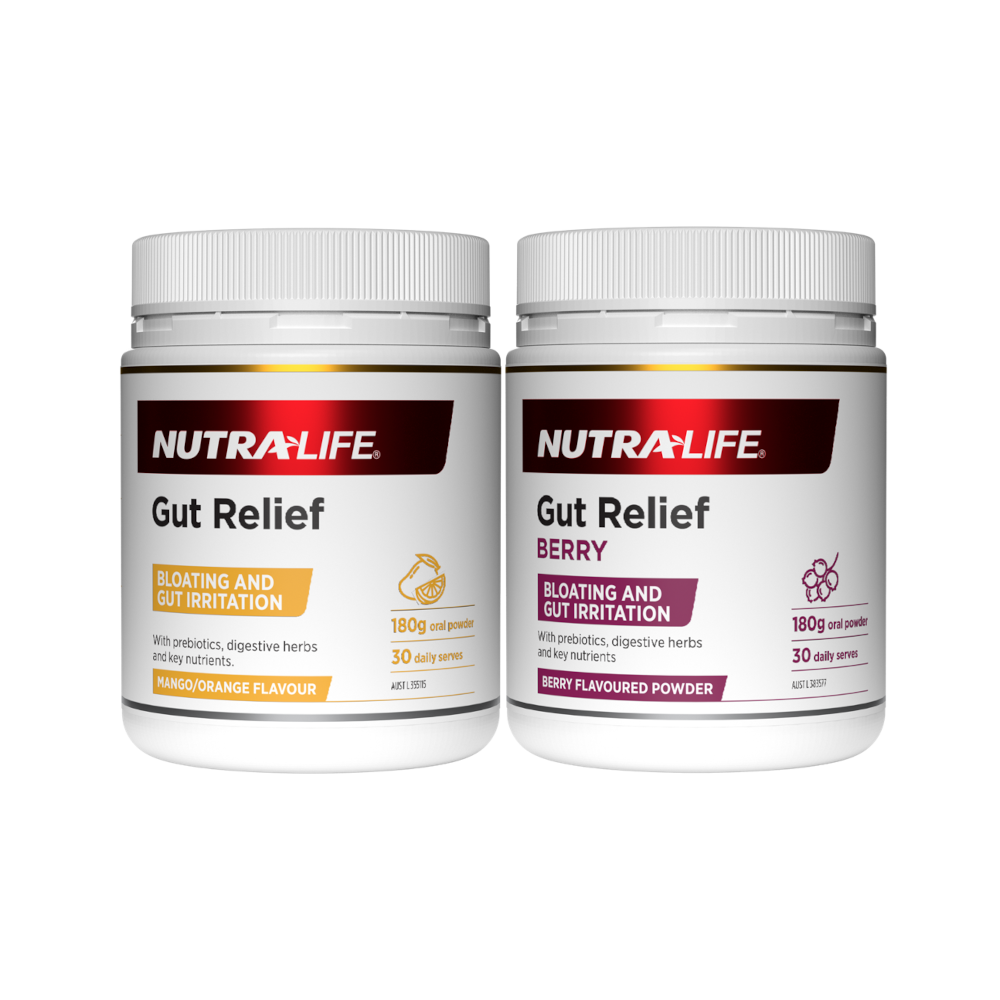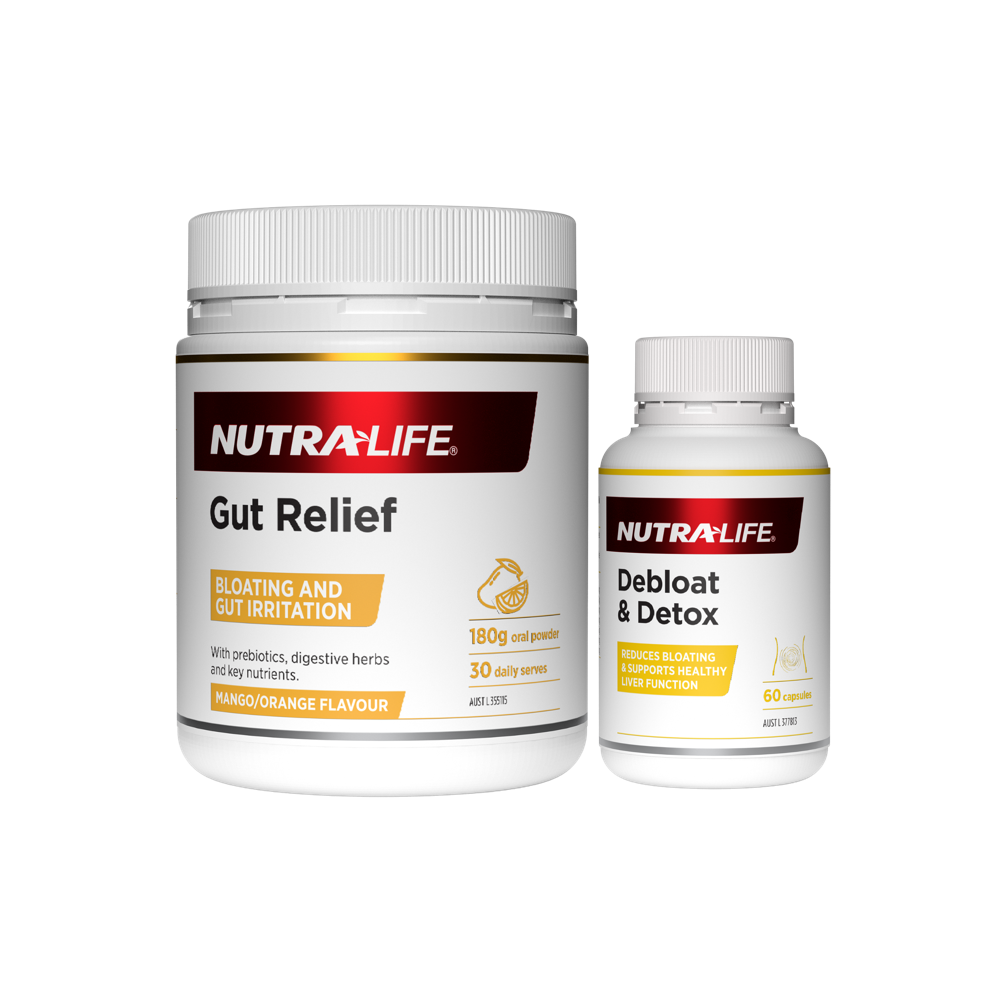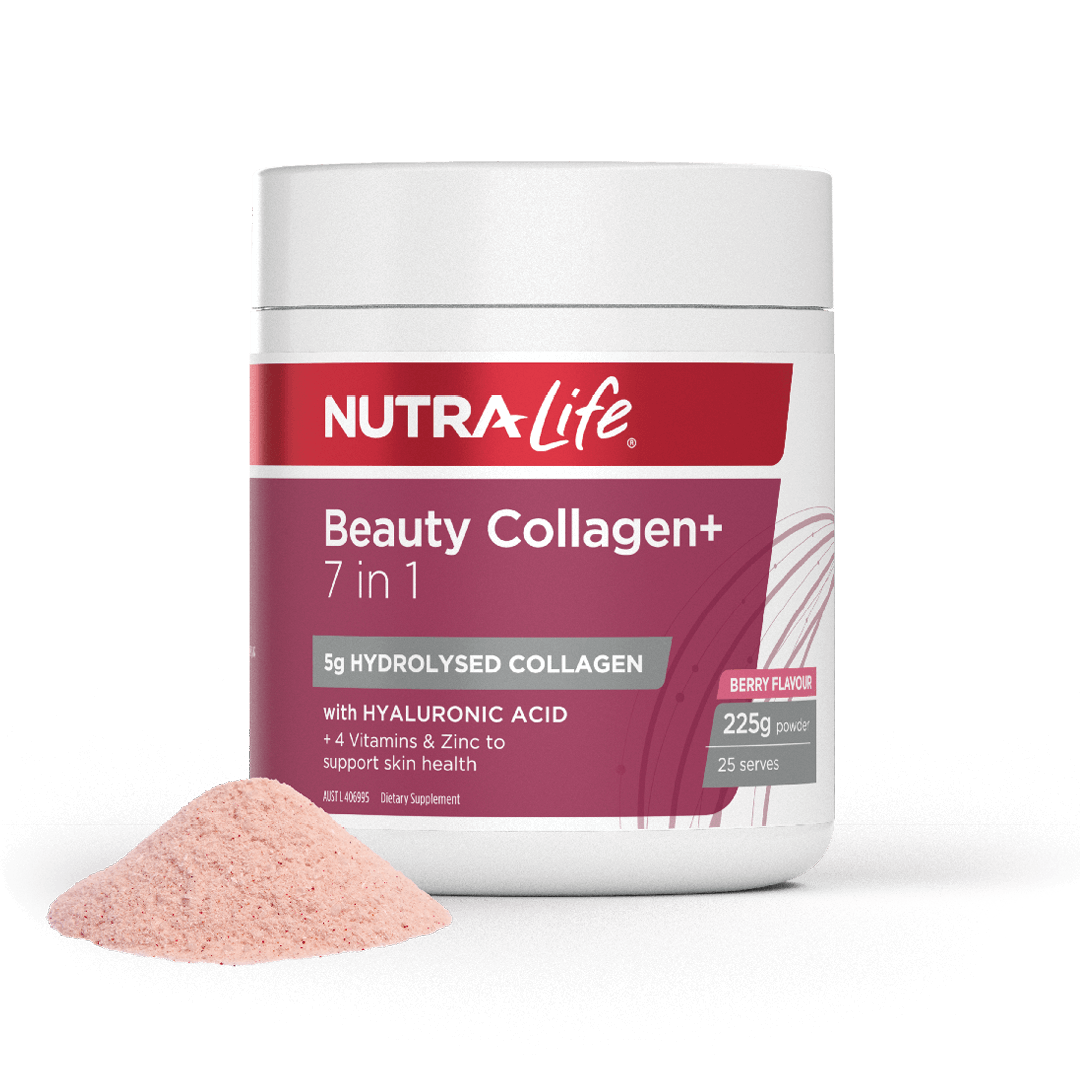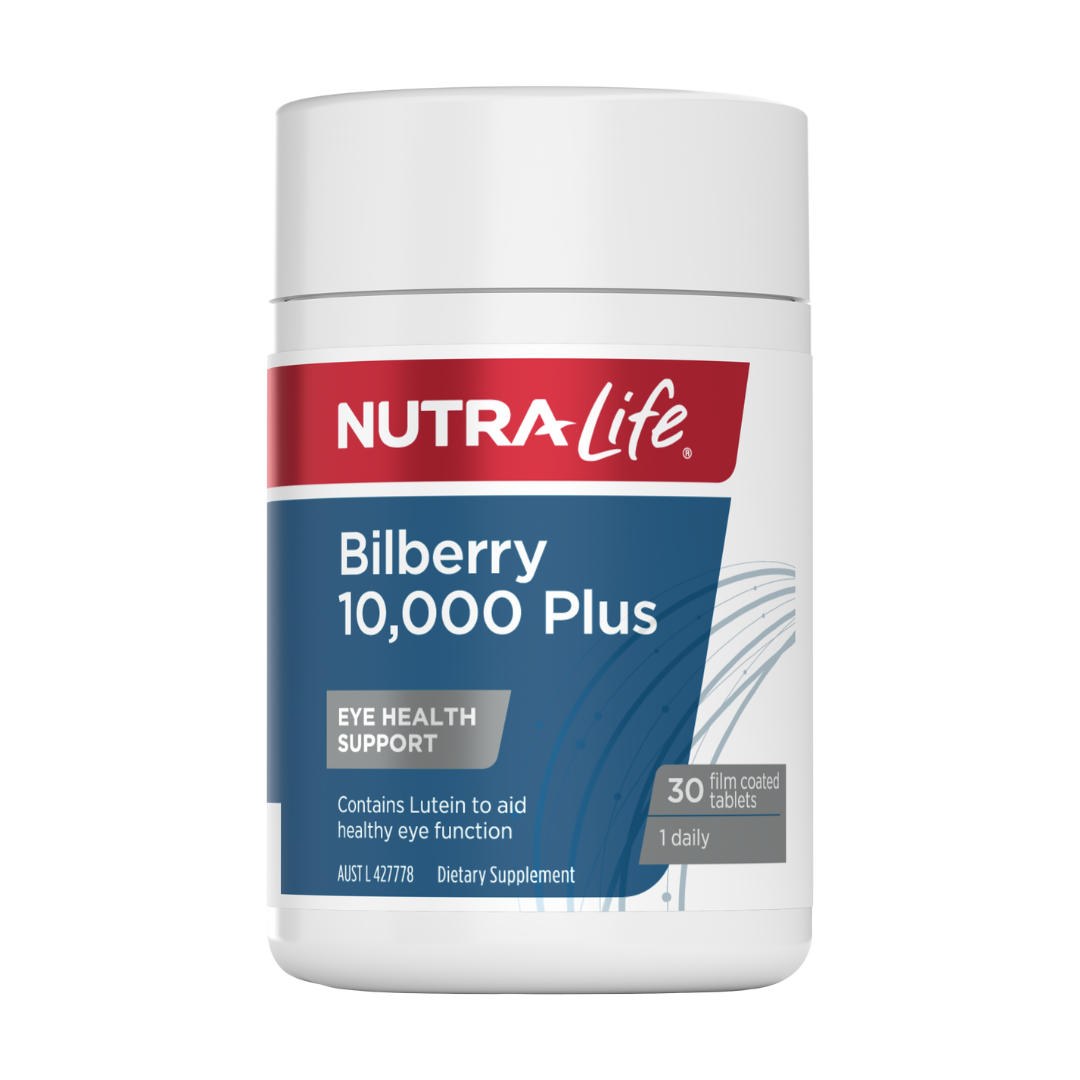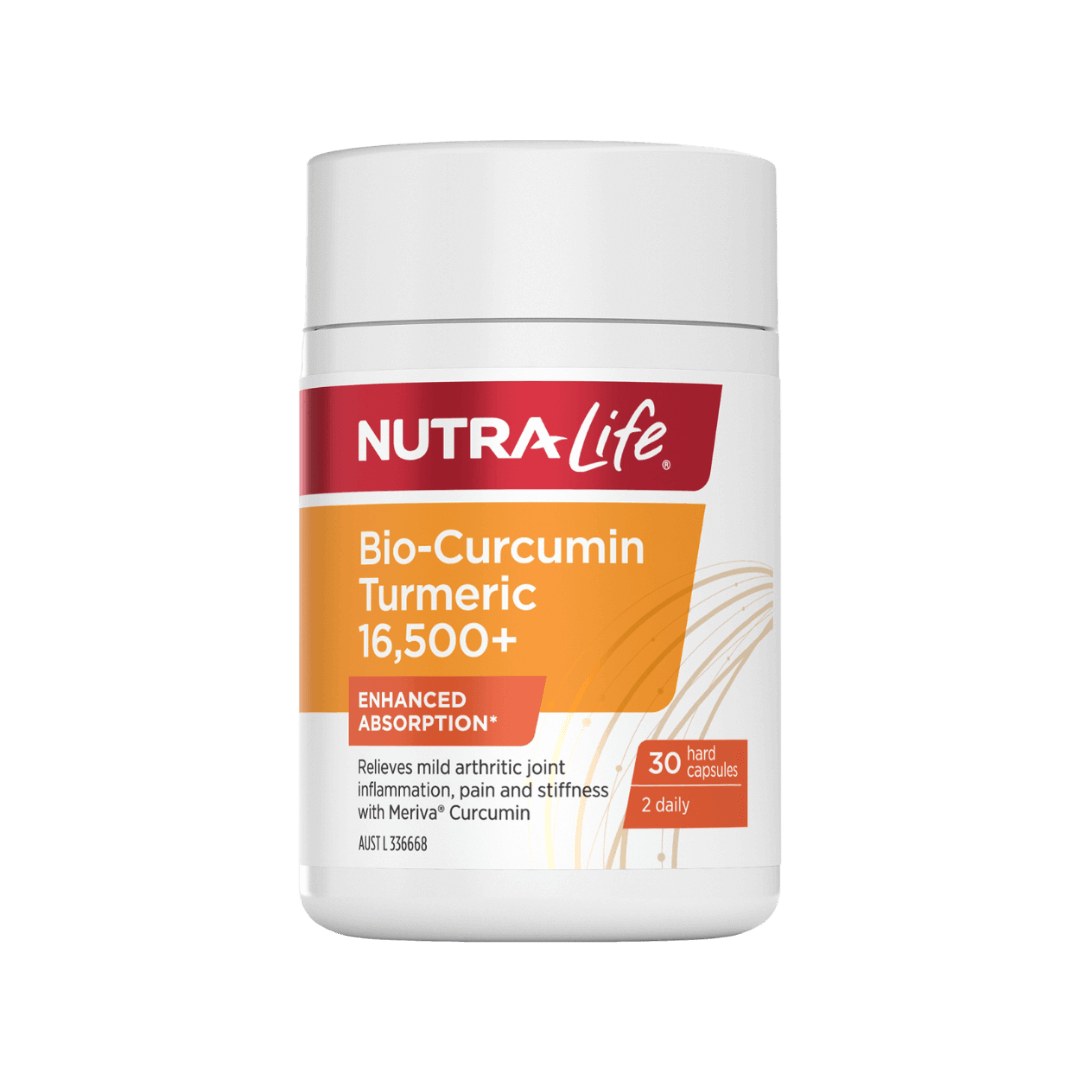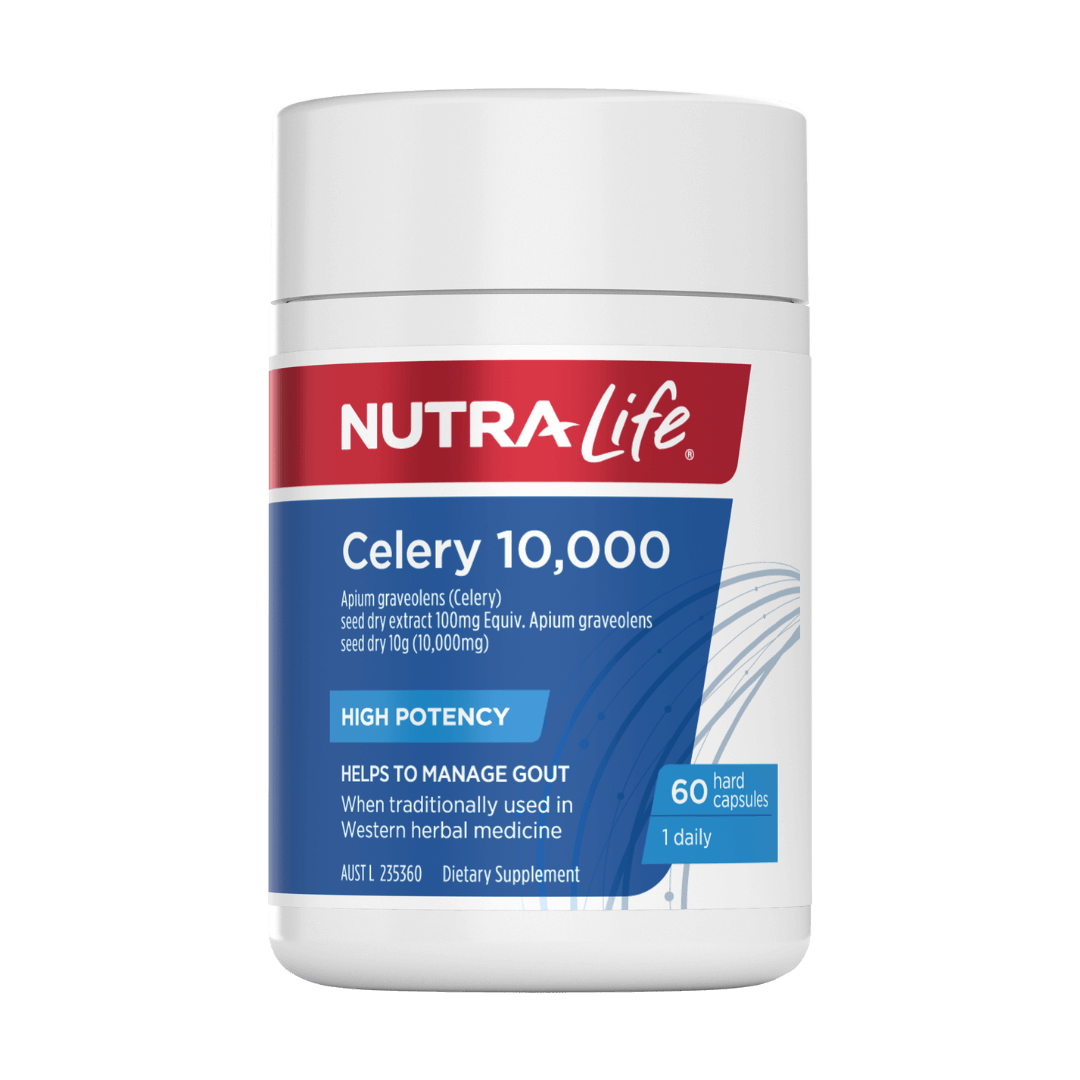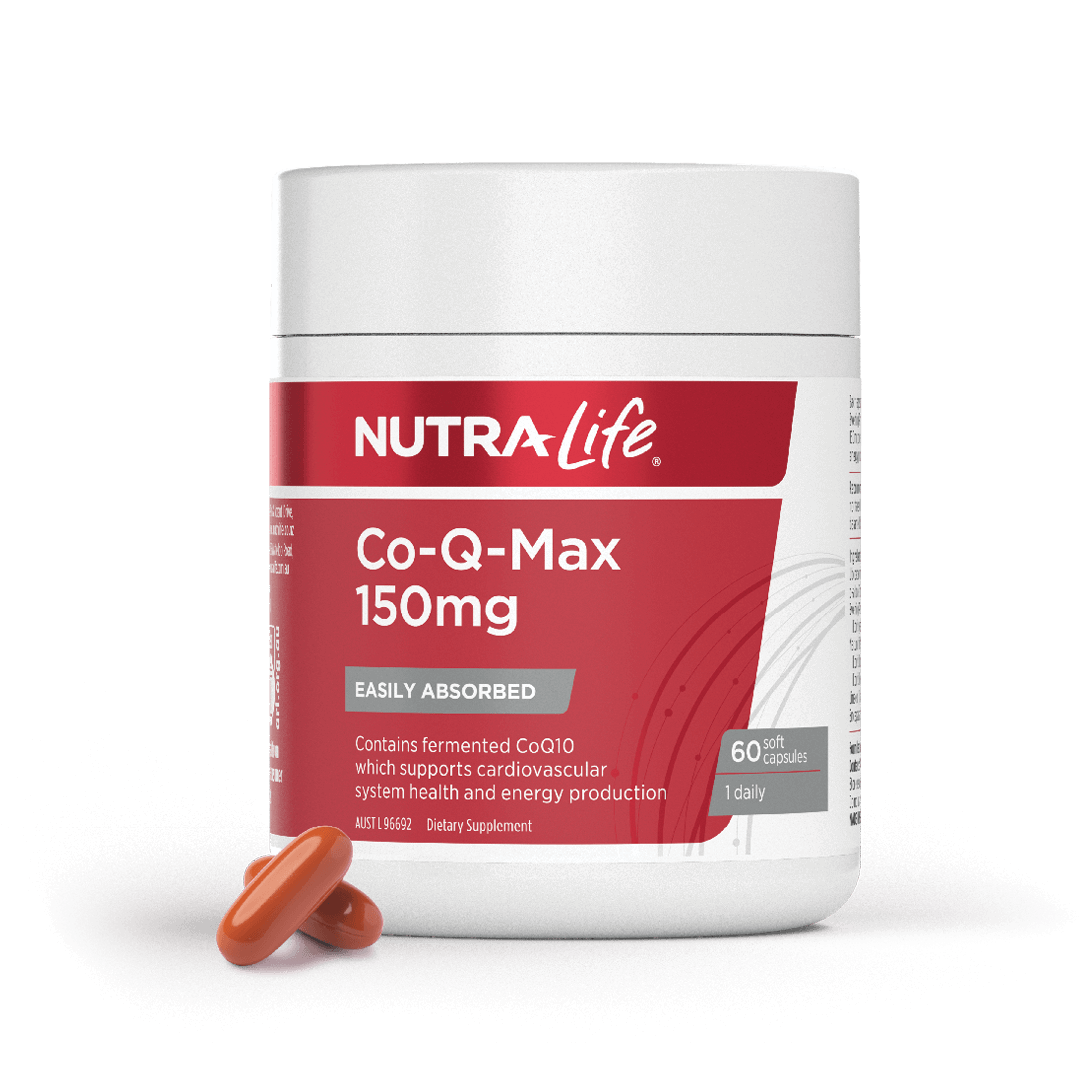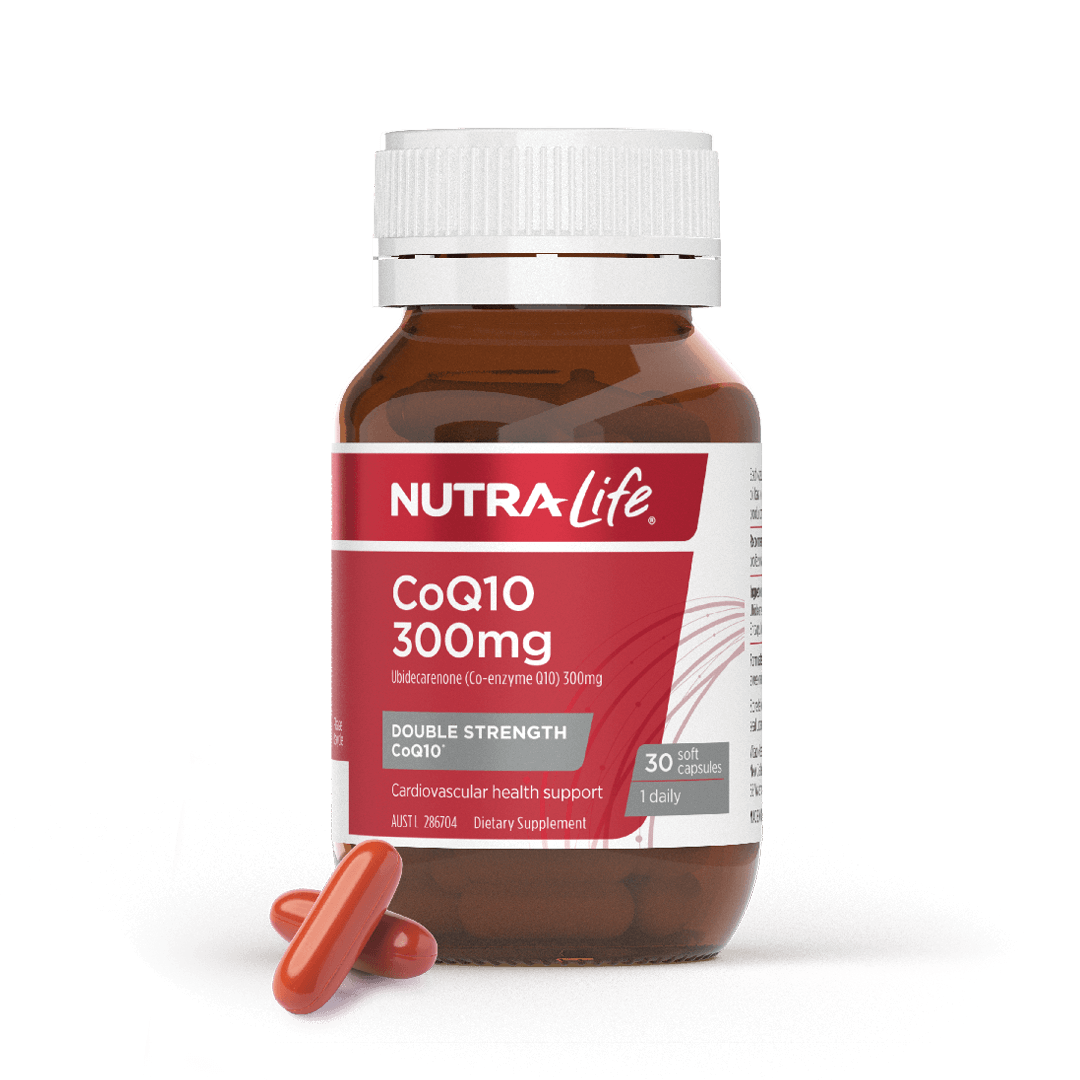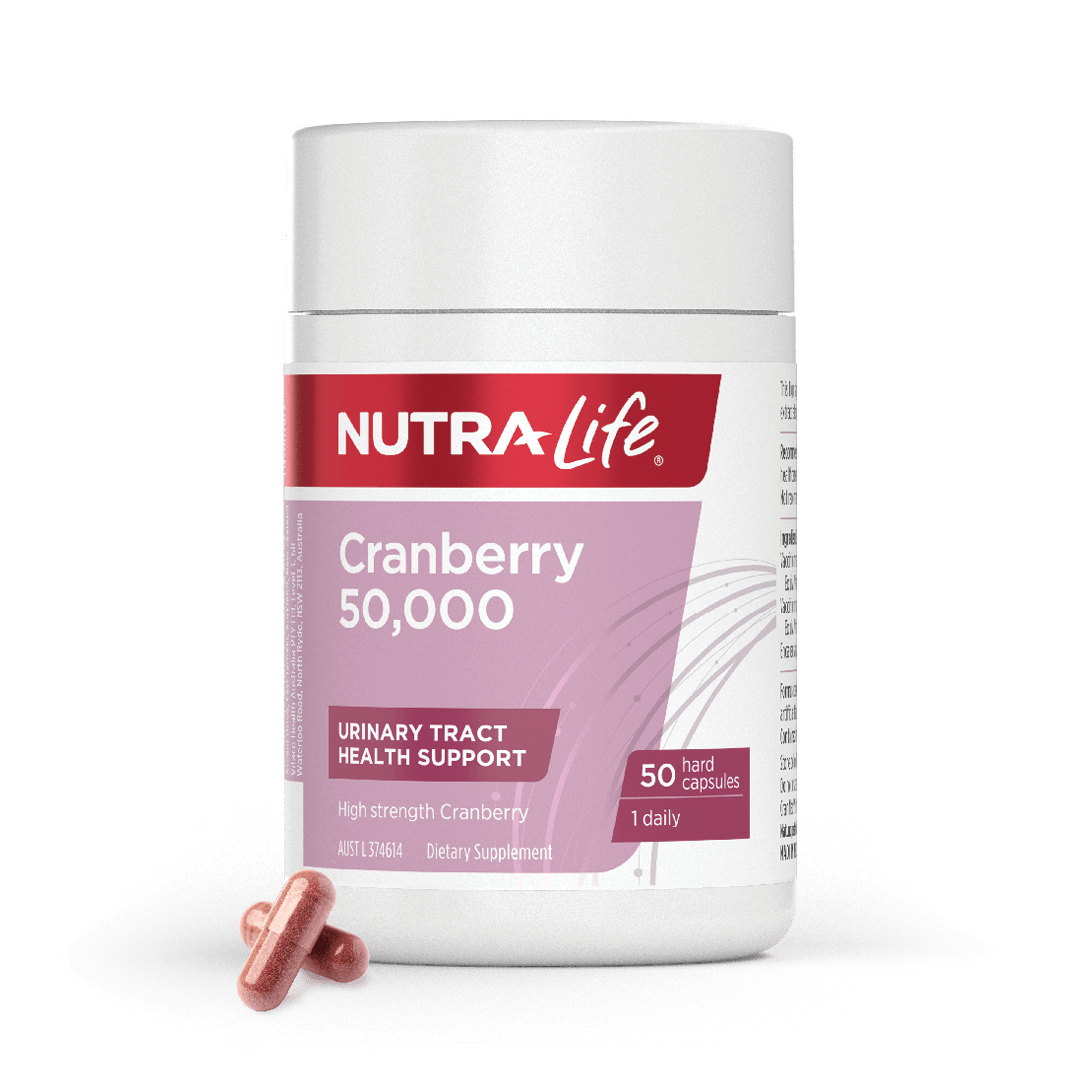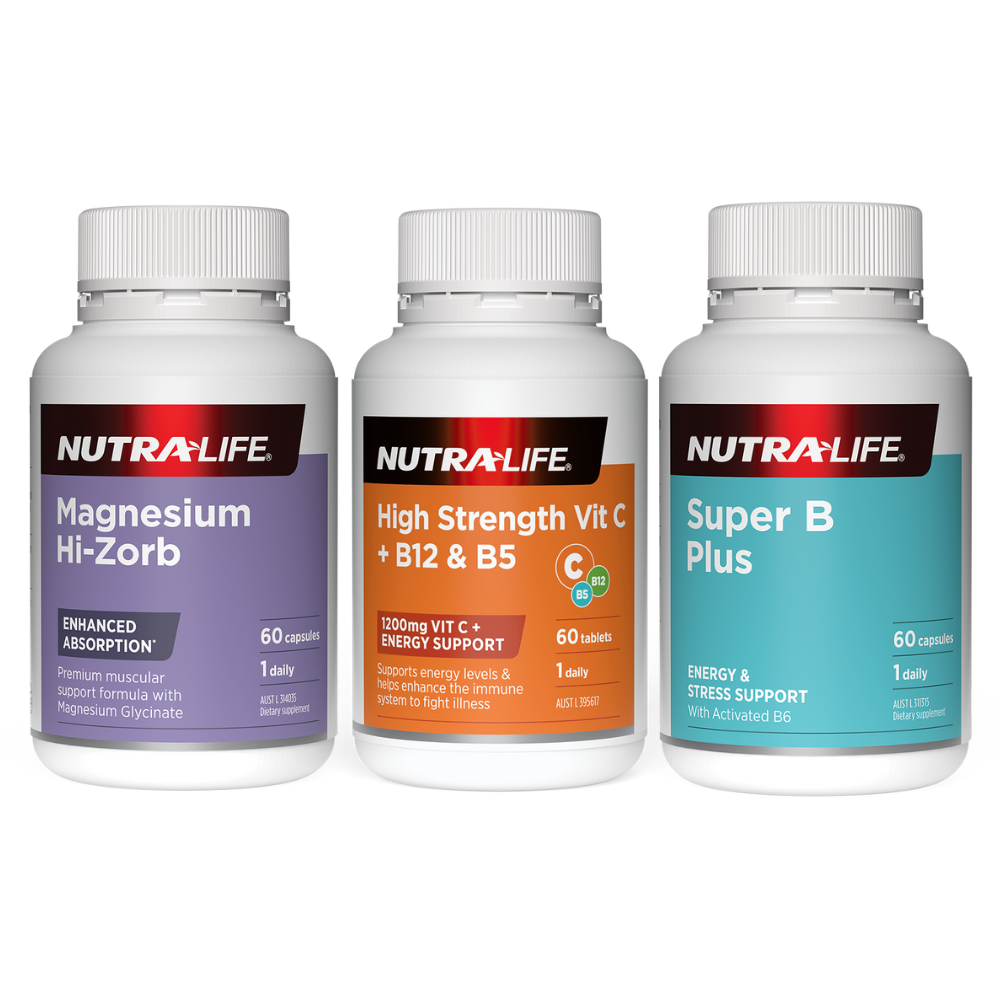Maintaining a healthy prostate starts with regular checkups
Getting regular health checkups is important for everyone of every age – but it’s perhaps especially important for Australian men to think about. Research shows that men are more vulnerable to certain chronic illnesses than women. Unfortunately, however, too many Aussie blokes take a “she’ll be right” attitude to their health, with consequences that could have been avoided if they’d been proactive. Some of the checkups we’d recommend booking at least yearly include:- Skin checks / mole maps
- Dental and vision checks
- Heart health and blood sugar checks
What is your prostate, and what does it do?
Your prostate is a small, walnut-sized gland that sits just beneath your bladder (if you’re a man), surrounding your urethra: the tube through which urine leaves your bladder. Your prostate’s function is to secrete a special fluid that nourishes and protects any sperm cells you create. Once you hit your forties, it’s normal for changes in your hormone balance – particularly testosterone and DHT – to chemically trigger prostate cell growth. Because the gland is so close to your bladder, this can sometimes have uncomfortable and annoying effects on your ability to urinate. Additionally, although the growth is usually benign, it can mask symptoms of something more serious. So if you start to experience urinary issues (and – if you want to be proactive – even if you don’t have any symptoms), it’s important to get regular prostate checks.Other ways to proactively support your prostate health
Living a generally healthy lifestyle is a good start to proactively maintain your prostate health. Beyond that, however, there are four herbs and nutrients that are worth incorporating into your lifestyle:- Saw Palmetto: the berries of this small, palm-like plant have a long history of traditional use in helping to support normal testosterone balance. They’re also rich in fatty acids that help to block the enzyme that triggers prostate enlargement.
- Lycopene: this bright red antioxidant pigment is found in cooked tomatoes, watermelon, papayas, guavas and pink grapefruit. It supports healthy prostate cell growth and division, and helps to protect the cells in your prostate gland from free radical damage.
- Zinc: a trace mineral with powerful antioxidant properties, Zinc is vital for testosterone production, as well as sperm formation and motility, and immunity. Good sources of Zinc include shellfish (particularly oysters), eggs, almonds, pine nuts and walnuts.
- Selenium: another essential trace mineral, Selenium supports many of the same health areas as Zinc, including testosterone formation, sperm health, and general immunity. You can find good levels of Selenium in Brazil nuts, and in some types of fish and meat.

